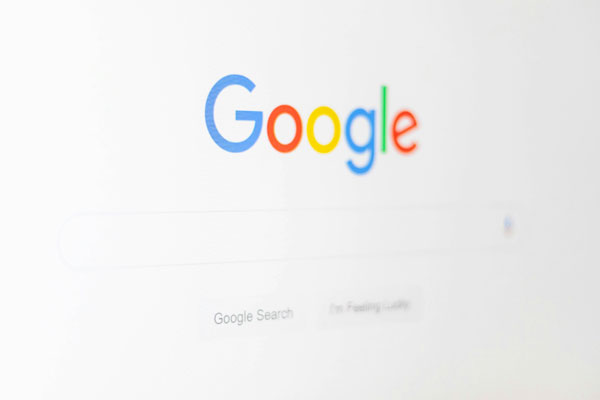Google found guilty of antitrust violations

[An image of Google in a web browser, Photo Credit to Unsplash]
On August 5th, a U.S. District Court ruled that Google violated the Sherman Antitrust Act by maintaining an unlawful monopoly over internet search services.
“After having carefully considered and weighed the witness testimony and evidence, the court reaches the following conclusion: Google is a monopolist, and it has acted as one to maintain its monopoly,” wrote Judge Amit Mehta in an official statement, concluding that the tech giant violated Section 2 of the Sherman Antitrust Act.
The U.S. Department of Justice revealed in early August that Google paid enormous sums of money on exclusive contracts to become the world’s default search engine, primarily on deals with Apple, which was paid over 20 billion for the past few years in exchange for giving Google the advantage of being its primary engine.
These contracts gave Google the power to rise high above potential rivals such as Microsoft’s Bing and DuckDuckGo.
Judge Mehta explained that Google’s dominant market position has resulted in anticompetitive behavior that harmed competitors and limited consumer choice.
Such practices, which stifle competition, can distort markets by reducing innovation, raising prices, and lowering the quality of products and services.
Google’s contracts cemented its status as the most accessible search engine, contributing to its highly profitable online advertising business.
This profitability, in turn, allowed Google to continue forming lucrative partnerships with major corporations.
U.S. Attorney General Merrick Garland hailed the ruling as a “historic win for the American people” and a “victory” against corporate overreach.
He expressed his view that “No company—no matter how large or influential—is above the law.”
Political figures and lawyers mostly seem to agree with him, with White House Press Secretary Karine Jean-Pierre stating that “Americans deserve an internet that is free, fair, and open for competition.”
Google, however, announced its plans to appeal the decision in an official statement, and argued that the ruling merely recognized it as the best search engine in the market.
The company contends that its success is from the quality of its services, not unfair practices.
Google’s President of Global Affairs reassured users that the company remains “focused on making products that people find helpful.”
The case is expected to head to trial in early to mid September, where penalties for Google will be determined.
However, with Google’s appeal in motion, the legal battle could extend for months or even years.
One speculation is that the court will force Google to implement a “choice screen” to allow users to be informed of what alternative search engines are available.
Experts suggest that this trial could set a precedent for addressing digital monopolies under U.S. antitrust law, much like the breakup of AT&T’s telephone monopoly or Microsoft’s bundling of Internet Explorer with Windows.
The case is seen as a landmark in regulating the influence of tech giants in the modern digital economy.

- NaEun Hong / Grade 8
- Chadwick International

![THE HERALD STUDENT REPORTERS [US]](/assets/images/logo_student_us.png)
![THE HERALD STUDENT REPORTERS [Canada]](/assets/images/logo_student_ca.png)
